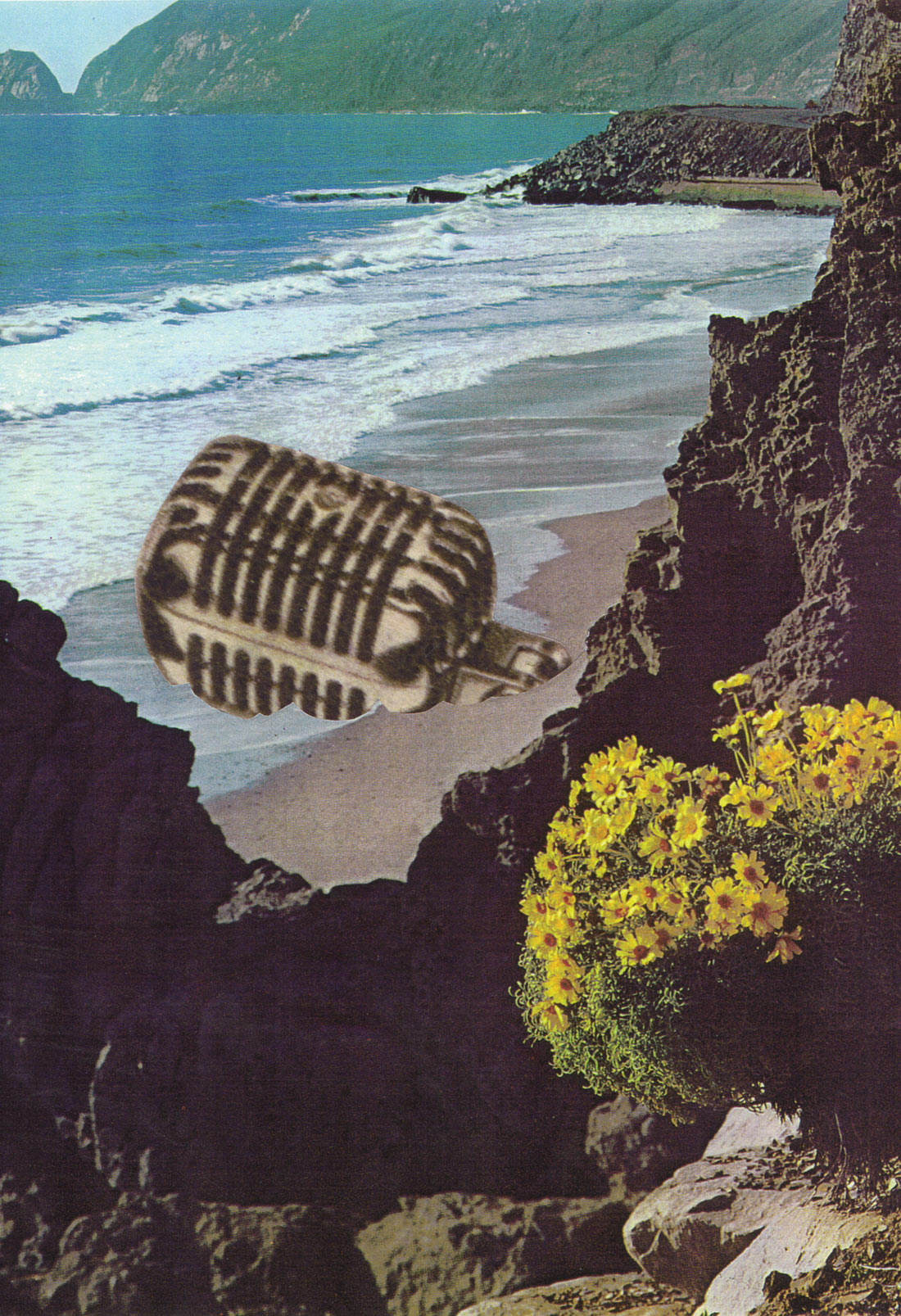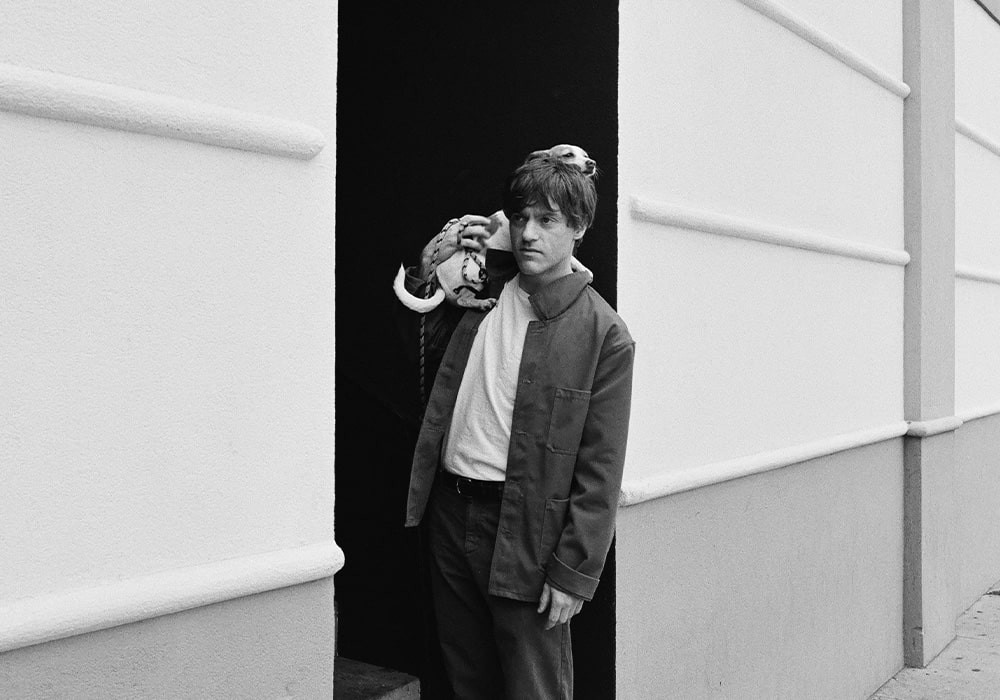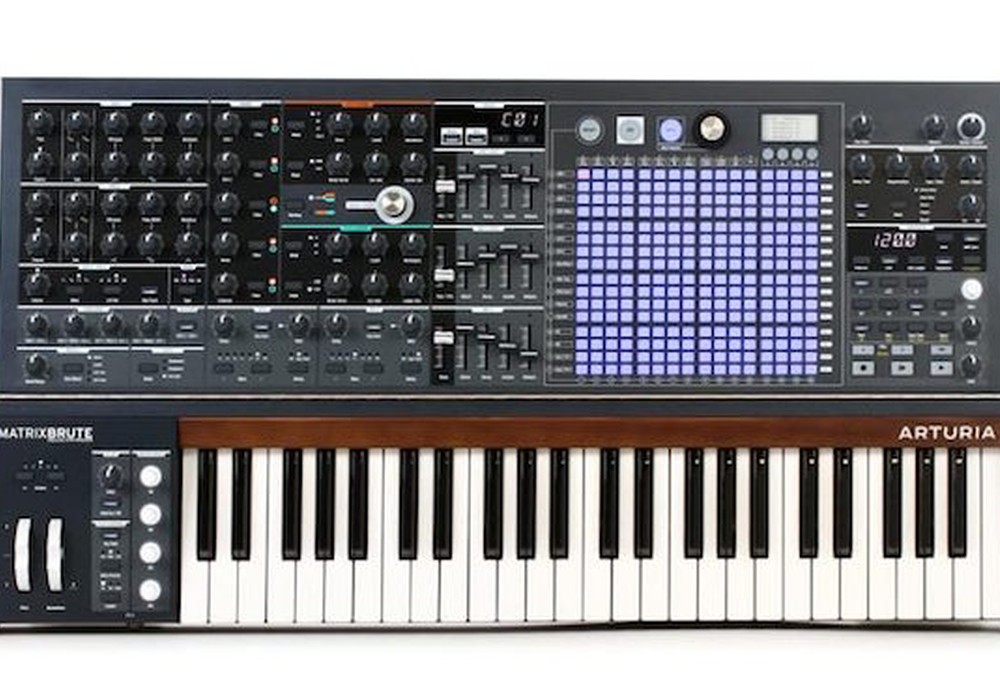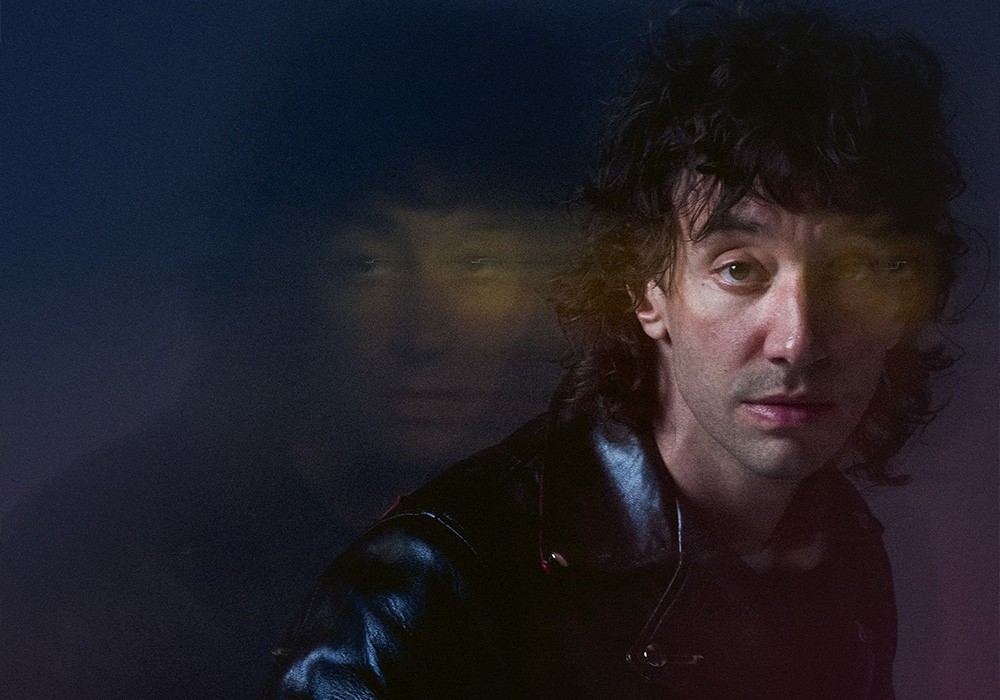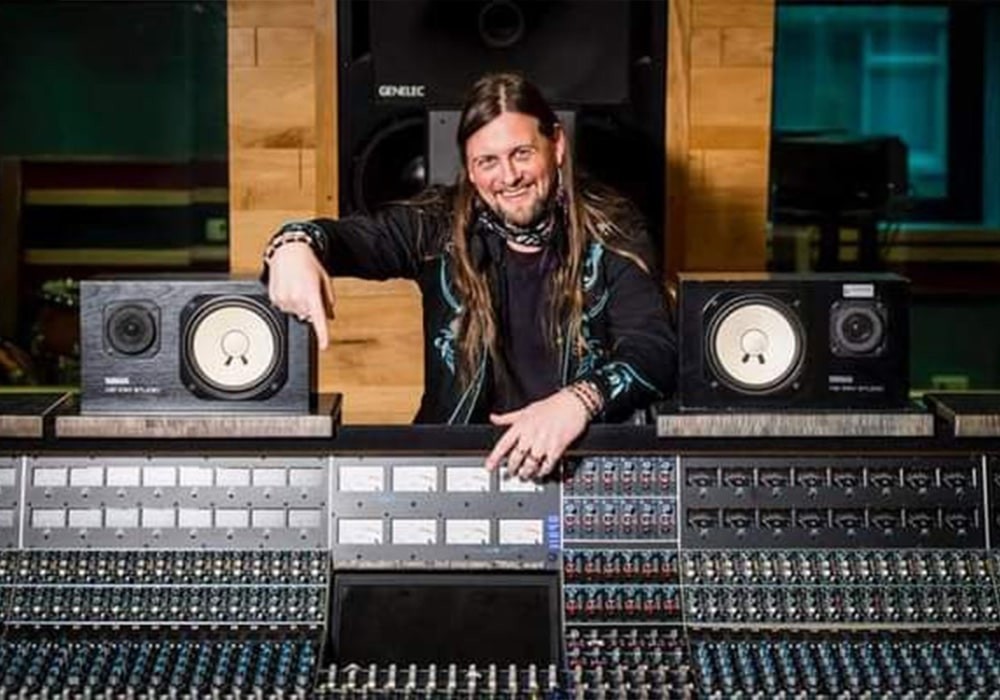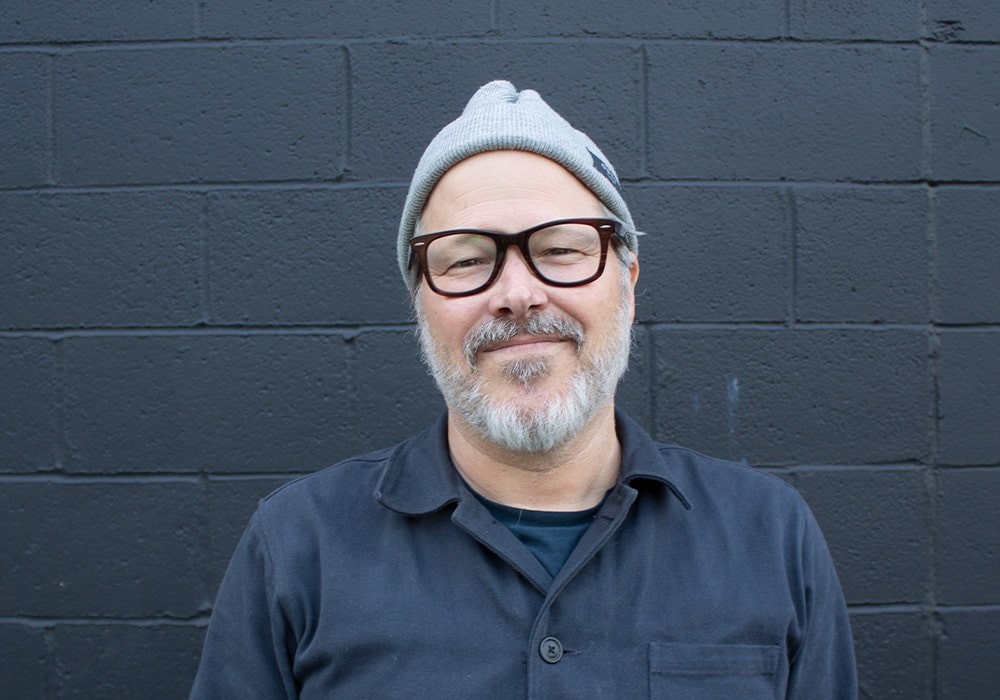Discovering a brand-new head-turning rock song rarely seems to happen these days. Fortunately in early 2012, NPR Music posted Zeus' "Are You Gonna Waste My Time?" as their Song of the Day. For a couple weeks straight I popped the song like a pill junkie; it's a cosmic combo of Big Star, The Black Crowes, and Queen, plump with righteous riffs and hooks. I needed to know who recorded this track, but the album hadn't dropped and Google was clueless this time around. Fortunately an industry friend had just started booking Zeus and told me, "Feist's guy does their recording." But she didn't have a name for me. A couple months later, at SXSW, I had a chance run-in with Feist's manager, Robbie Lackritz. I figured he'd have the answer to my Zeus mystery, and upon asking [who recorded it] he stated, "I did." Turns out Feist's manager is also a stellar producer and engineer! These days a producer/manager in the rock world is a rarity; but Robbie Lackritz is both, at a time when most producer/engineer/mixers need to be doing more than cutting records to support themselves. Some months after our encounter, Robbie (a self-deported Californian now living in Toronto) and I met up in Manhattan before a Bahamas show (another one of Robbie's remarkable clients) to talk about his unique and motivating career path.
Where does your history in recording begin?
I grew up in San Diego. I was a freshman in high school when I decided I wanted to be a record producer. It was a 180-degree turn for me; I was a mostly into sports.
What happened?
I was a baseball pitcher and tennis player. Then I injured the growth plate of my shoulder.
You didn't want to be a performer? You wanted to record?
I liked the idea of playing, but all of my friends were better musicians than me. I knew someone who did home recording. They showed me a few things and I was off and running. I recorded my bands and friends' bands when I was in high school. Those were awesome recordings, because they're terrible in weird ways. When you know nothing about what you're doing, you find different ways to approach making something musical. The mid-'90s was a pretty good era for in San Diego — a lot of punk and indie music. It was all about aggression and energy for me until [Bob Dylan's] Time Out of Mind came out. Dylan became the king of the world to me then. That record was so mind-blowing on every level, from an engineering and songwriting standpoint.
I read that one of your first jobs out of college was tour managing and doing front-of-house for Rilo Kiley. How did that come about?
I started working for their manager when I was 18. I had a couple of gigs the three years I was in school at USC. I was the house engineer at The Roxy [Theatre] on Sunset Boulevard. I also worked as an assistant engineer for Brad Wood, who produced, engineered, and drummed with Liz Phair. When I was finishing school I was ready for something new, so I went out on the road with Rilo Kiley. I had never tour managed before.
How long were you on the road with Rilo Kiley?
A couple of years. It's actually how I met Leslie Feist; she was supporting them. She had been in other bands, but as "Feist" she had only toured a bit in the US and a little in Europe at that point. Around 2005 Rilo was wrapping up the tour and Leslie was ramping up, and ultimately I needed a job. [laughs] She is really sweet and we get along well.
So when you started with Feist, was it tour managing and front-of-house as well?
She had a front-of-house engineer, so I started tour managing and doing monitors for her. Over time I ended up picking up a lot of extra slack in her world, because her manager at the time was based in Paris.
Now you're her official manager!
I can't say we arrived at that by any conventional method, but yes.
Do you feel like you have a different perspective on management because of your experience as an engineer?
Absolutely. When you spend a lot of time making an album with someone you get to know them very personally — it is the most naked someone can be, and you have to develop a strong rapport. It should be the same qualification for management as it is for engineering, which is the importance of listening and observing what is special about someone's art. Not everything is about making a hit song or album. If you take a project and focus on making it great for what it is, and it's what the creator wants to express, it will resonate with people.
You're managing, tour managing, and providing her services as a studio engineer. Was this her expectation?
Ha! No, I think she was looking for someone who would listen to her. I am not the best at any single one of those skills, but I'm good at listening. The Reminder was the first thing we worked on together in the studio; along with Renaud Letang, Mocky, and Gonzales. I was there to be more of a silent backbone to those sessions. They didn't want to see or think about any recording equipment, so we set them up on the living room floor, above the control room located in the basement.
What was...
The rest of this article is only available with a Basic or Premium subscription, or by purchasing back issue #96. For an upcoming year's free subscription, and our current issue on PDF...
Or Learn More
